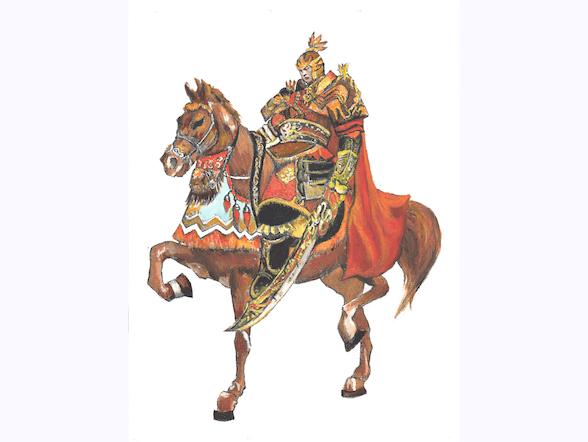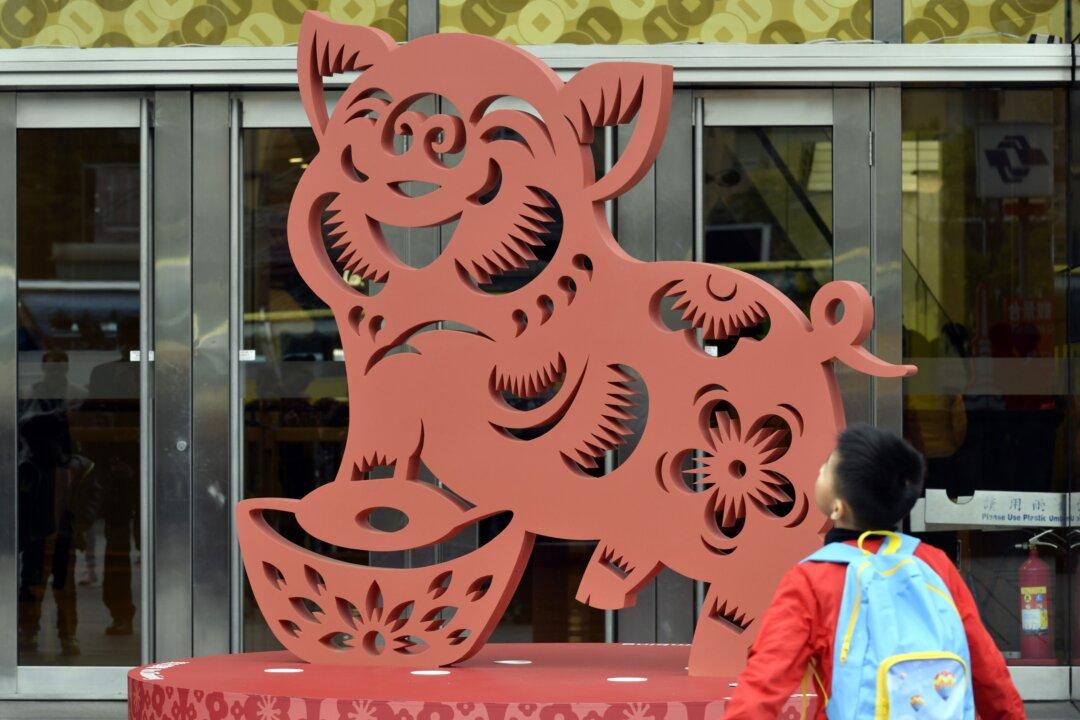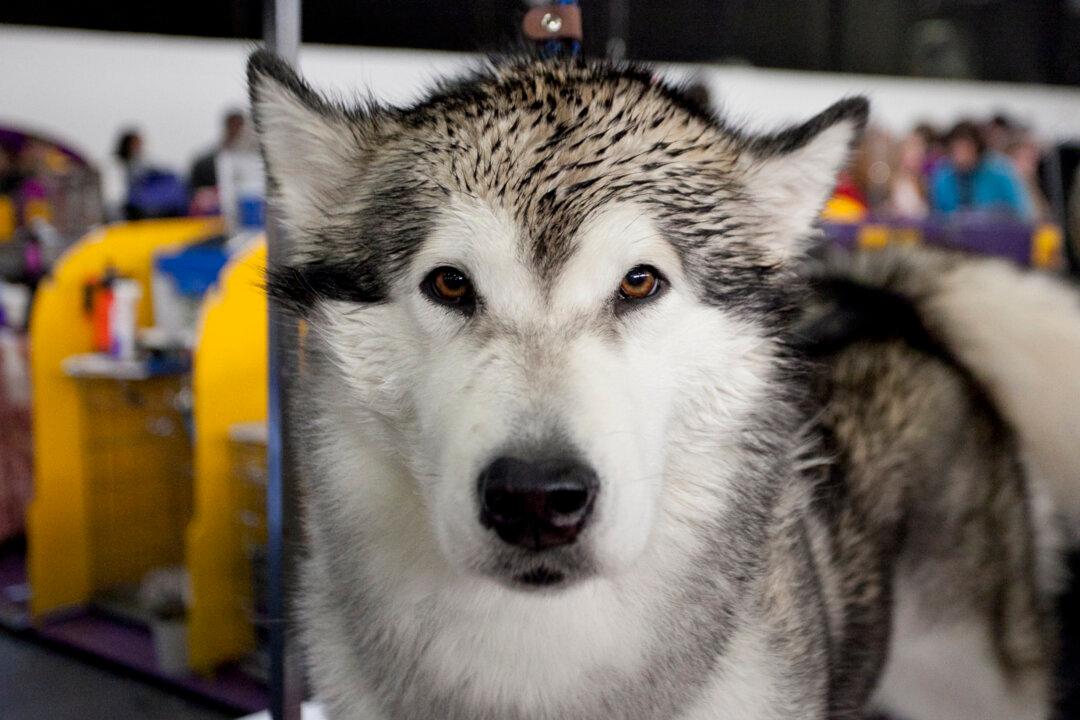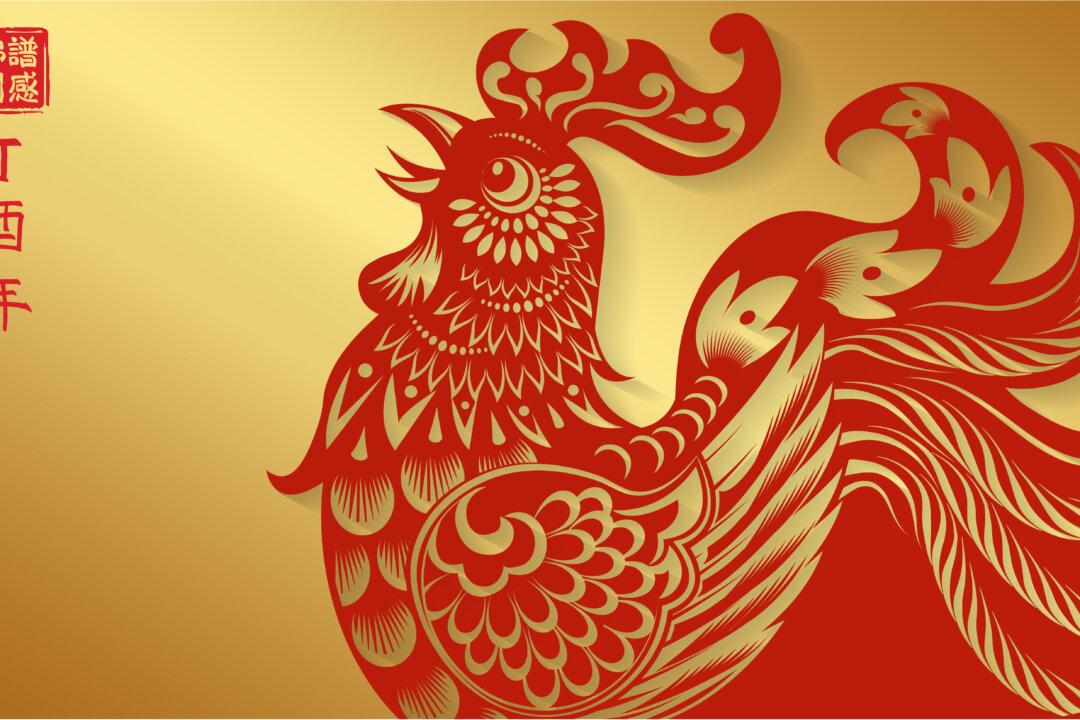Under the reign of Emperor Wu (武) of Han, the Han Dynasty (漢朝) (206 B.C.–A.D. 220) saw a vast territorial expansion as well as a strong and centralized government.
Although the nomadic Xiongnu were a constant threat from the north, with the help of many capable generals, Emperor Wu abandoned the defensive stance of previous Han emperors and launched many successful military campaigns against the Xiongnu.
In the service of Emperor Wu, Huo Qubing (霍去病) (140 – 117 B.C.) stood out as the general with the greatest achievements during decades of war with the Xiongnu.
A Young, Accomplished General
Huo Qubing lived a simple, though somewhat privileged, childhood and was always very eager to learn. Huo’s uncle, Wei Qing (衛青), was a famous general, and he taught Huo all kinds of martial arts, especially horseback-riding and archery. At the time, the Xiongnu were far superior to the Han Chinese at the latter two skills.
Huo Qubing’s family gradually rose in status when his mother’s sister became empress to Emperor Wu. By the age of 17, Huo Qubing already demonstrated outstanding military talent and wisdom, and thus gained the favor of the emperor who appointed Huo as his bodyguard.
In 123 B.C., the emperor ordered Wei Qing and his troops to fight the Xiongnu in what became one of the greatest Han victories against their northern enemy.
Huo Qubing, then only 18 years old, asked the Emperor for permission to join the battles. With his request granted, Wei Qing selected a cavalry of 800 for Huo to lead. Although this was his first military expedition, Huo showed no fear. He out-maneuvered the enemy and successfully raided the enemy camps, killing more than 2,000 Xiongnu soldiers.
In this campaign, Huo Qubing was recognized as the most accomplished soldier and Emperor Wu rewarded him with the title of “Champion Marquis.” As a result, his name became widely known and later Huo received his own command as general.
After engagement in two major battles with Huo Qubing, the Xiongnu suffered severe losses in soldiers and territories, and their morale was greatly diminished.
By then, Huo Qubing was as highly regarded as his uncle, General Wei Qing. Emperor Wu commissioned the construction of a luxurious mansion for him in the capital city, Chang'an, as a reward.
When the mansion was completed, Emperor Wu sent for Huo Qubing and presented him with this gift of honor. However, Huo refused to accept the emperor’s gift, saying: “How can I settle down at home while the Xiongnu still attack our country?”
These simple words became a well-known saying passed down through the ages as an exemplar of the spirit of patriotism, and they summarized Huo Qubing’s selfless devotion to his country.
Because of a series of successful Han campaigns, the military power of the Xiongnu collapsed. The Han Dynasty gained full control over the regions west of China, enabling the development of the “Silk Road,” the famous route that facilitated cultural and commercial exchanges between the East and the West.
Sharing Triumph With His Soldiers
According to legend, after one of Huo Qubing’s major victories in battle with the Xiongnu, Emperor Wu rewarded him with a jar of precious wine and had it sent from the capital city to his military camp.
Instead of keeping the gift for himself, Huo Qubing poured wine into a nearby creek so that all of his soldiers would be able to taste and enjoy it. The valley was filled with the wine’s fragrant aroma and the site was later renamed Jiǔquán (酒泉), meaning “Wine Spring.”
A man of few words, Huo Qubing was nevertheless quite wise and exceptionally brave in battle. He was deemed a military genius as, during six major attacks he led against the Xiongnu, hundreds of thousands of enemy soldiers were killed or injured.
Honoring a National Hero
Huo Qubing died of a plague-like illness at the young age of about 24. His life can be likened to that of a meteor—short, but glorious.
Emperor Wu held a grand funeral for Huo Qubing, and ordered a tomb to be built for him beside the imperial tombs.
Decorated with 16 giant stone statues in commemoration of the general’s distinguished military achievements, the most prominent is the main statue of a horse with a struggling Xiongnu soldier under its abdomen, called “Horse Treading on a Xiongnu.”




